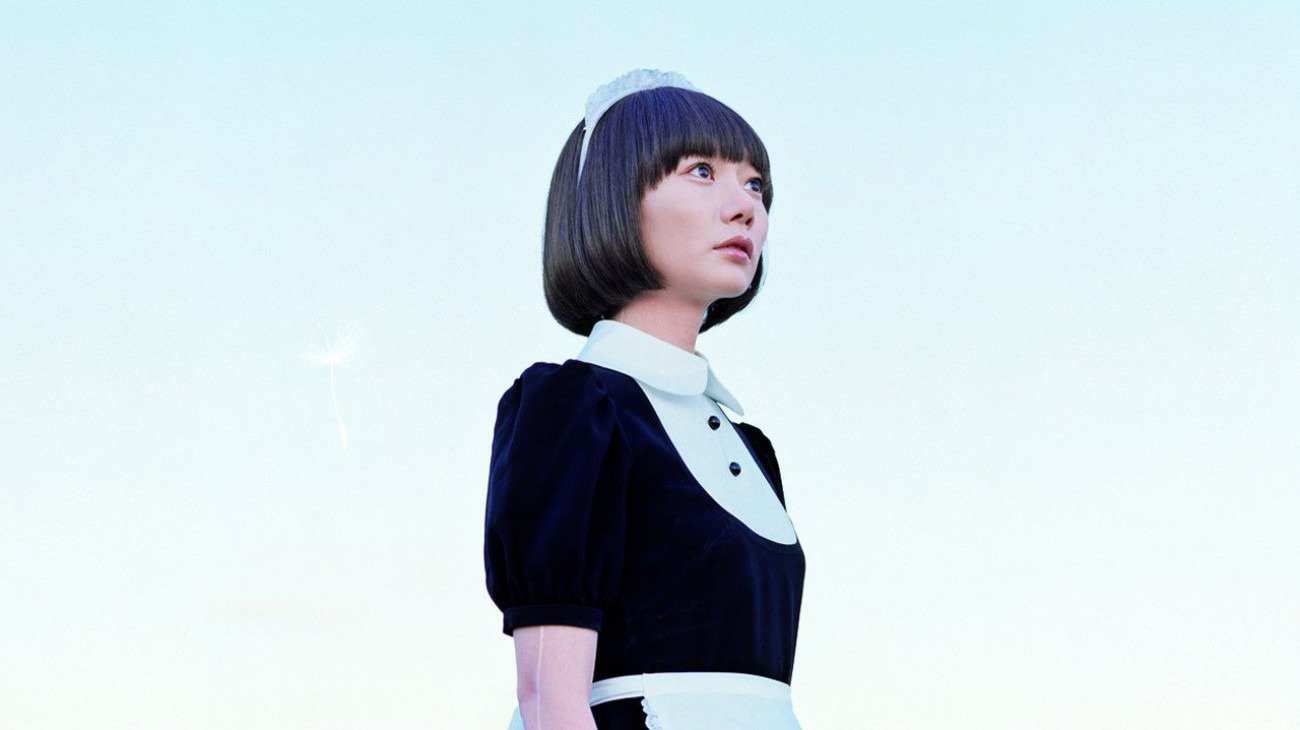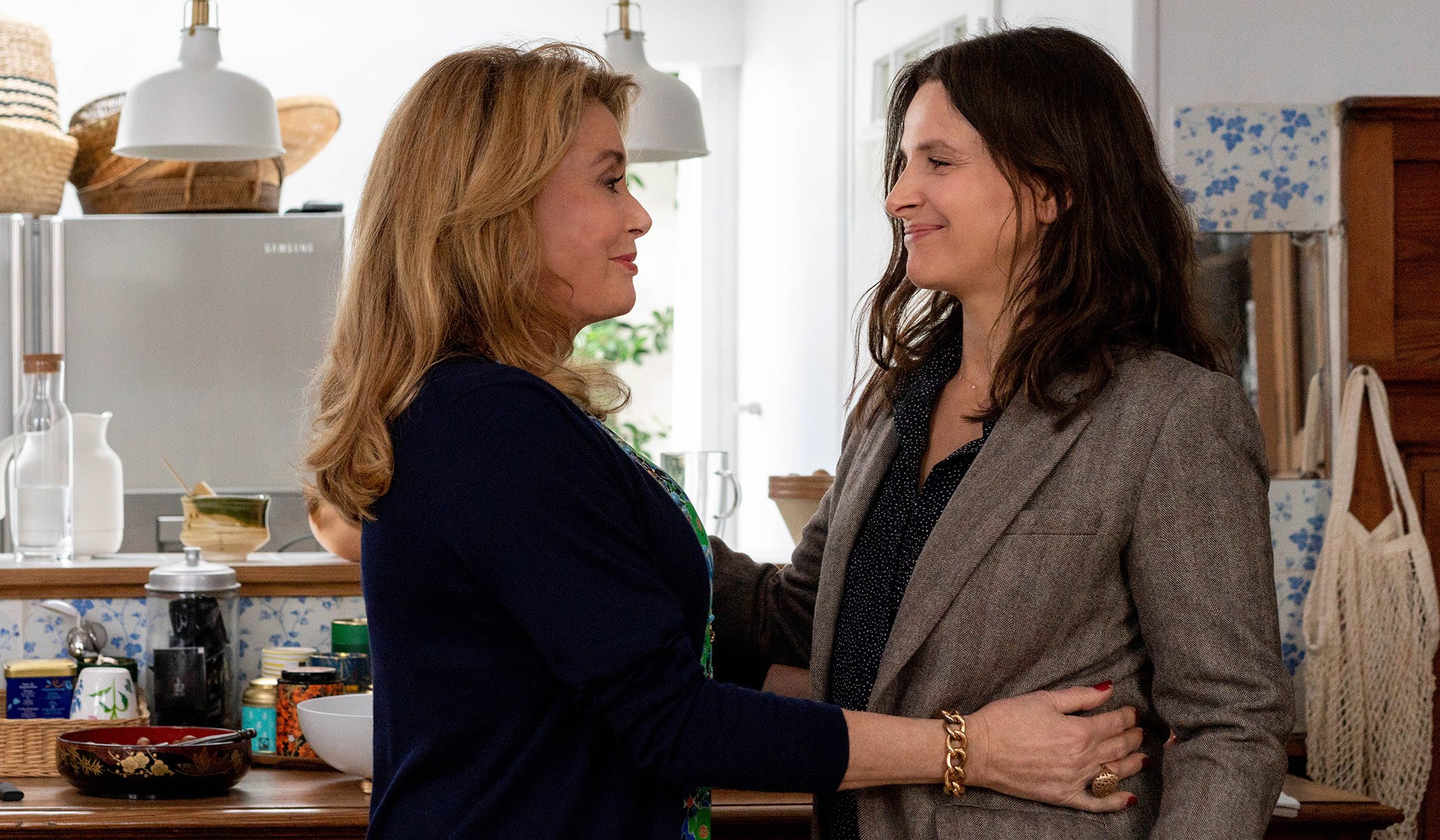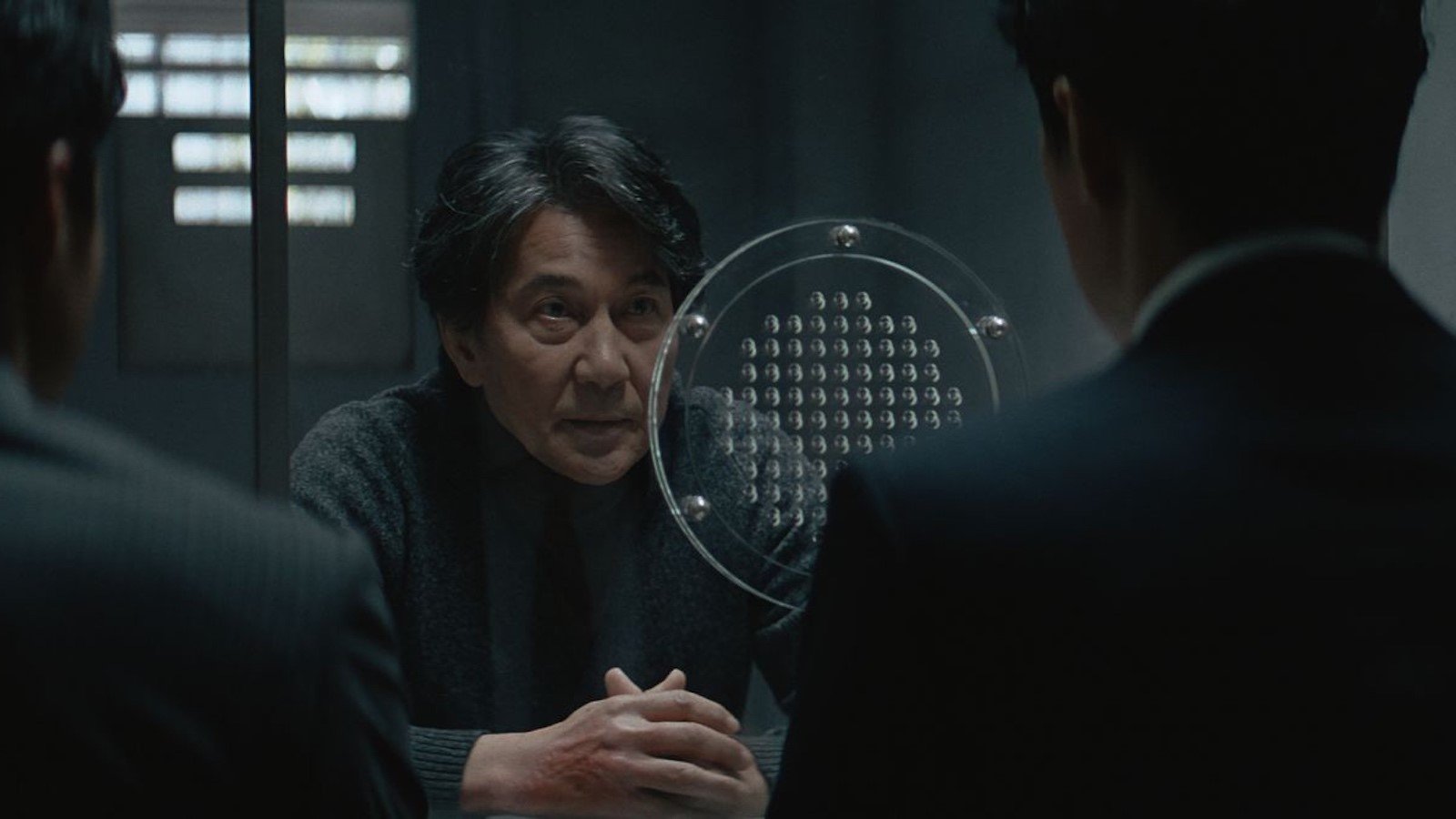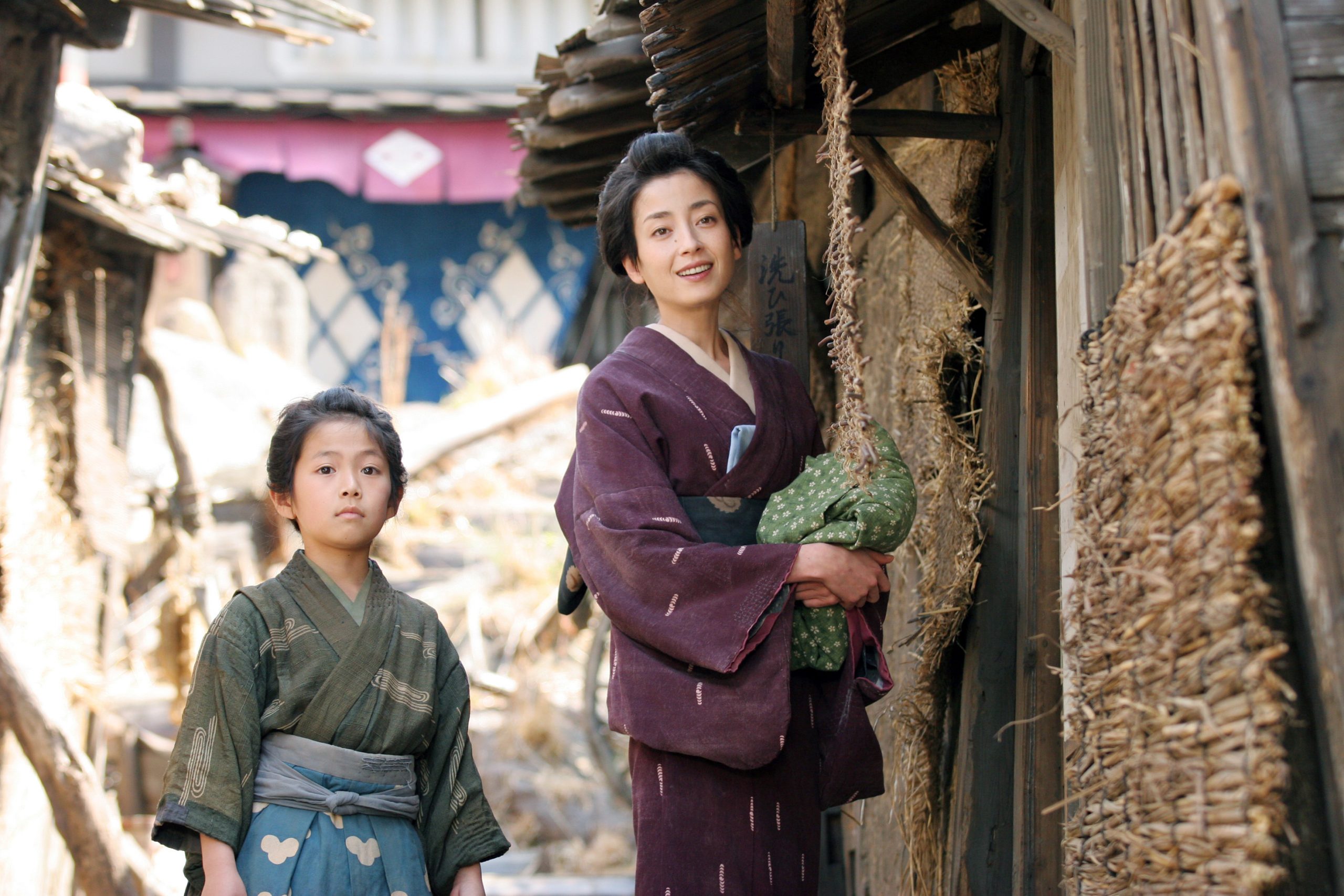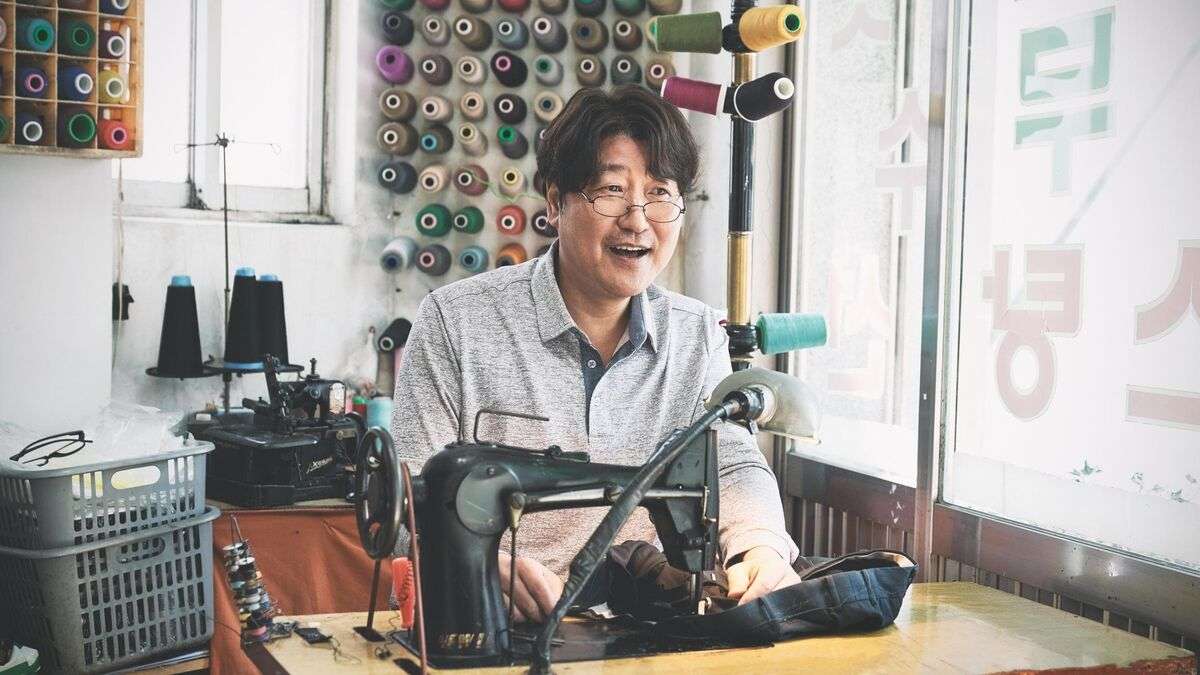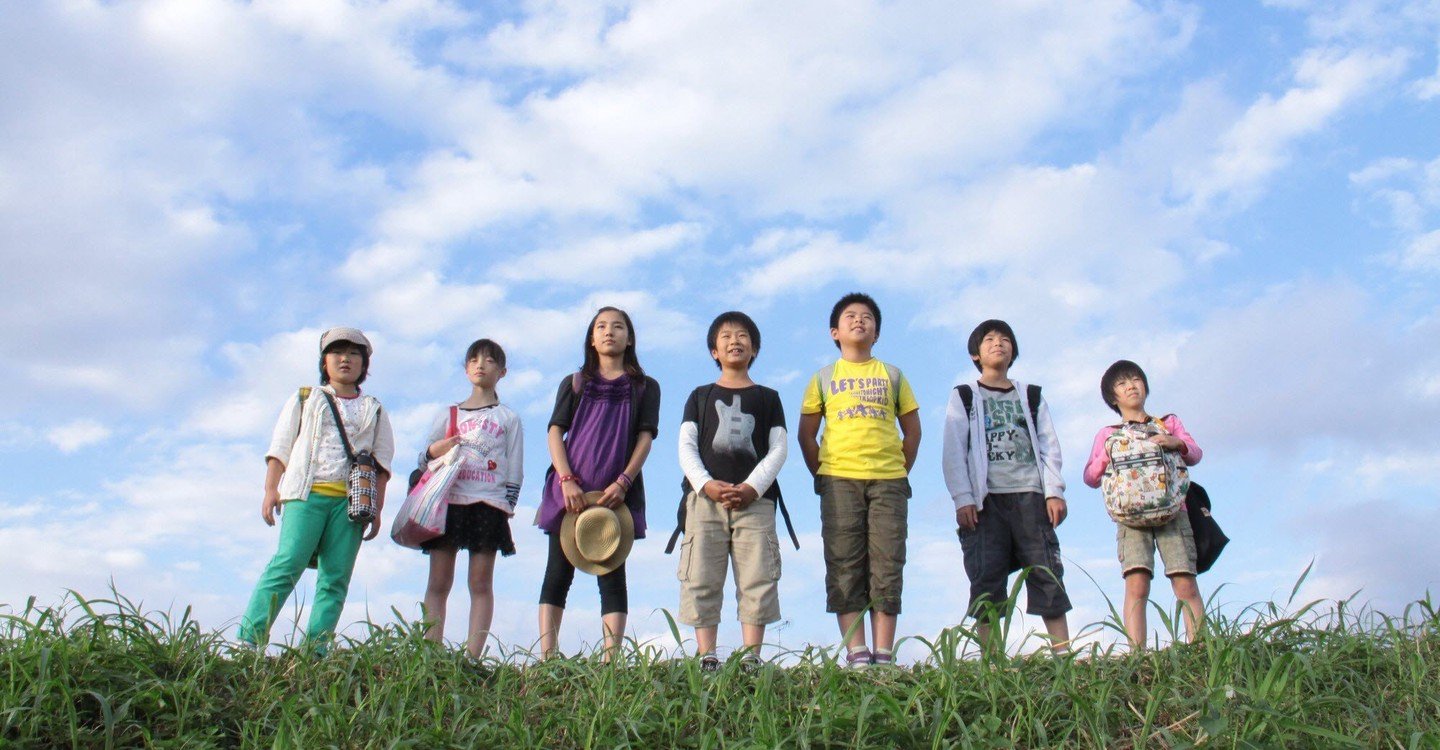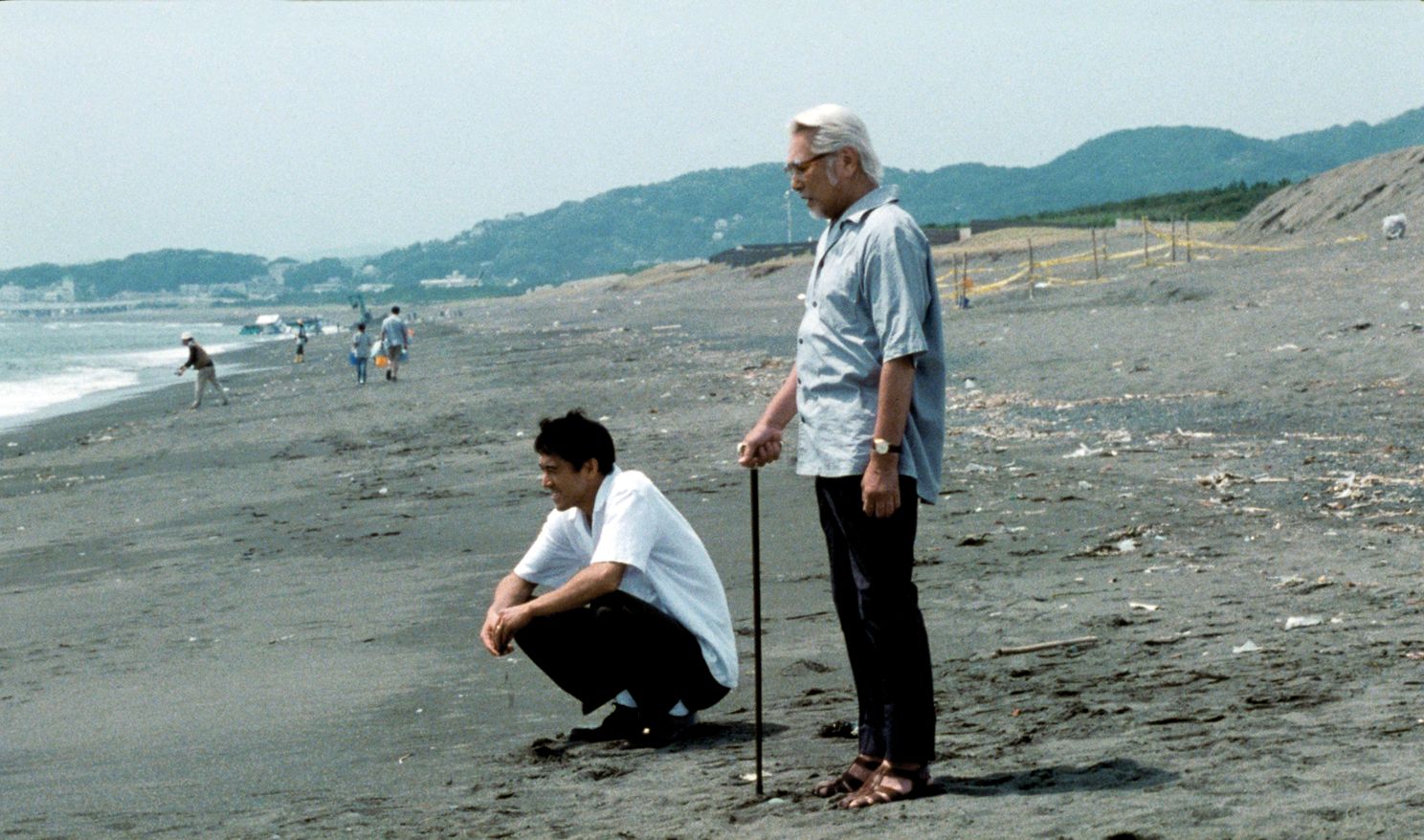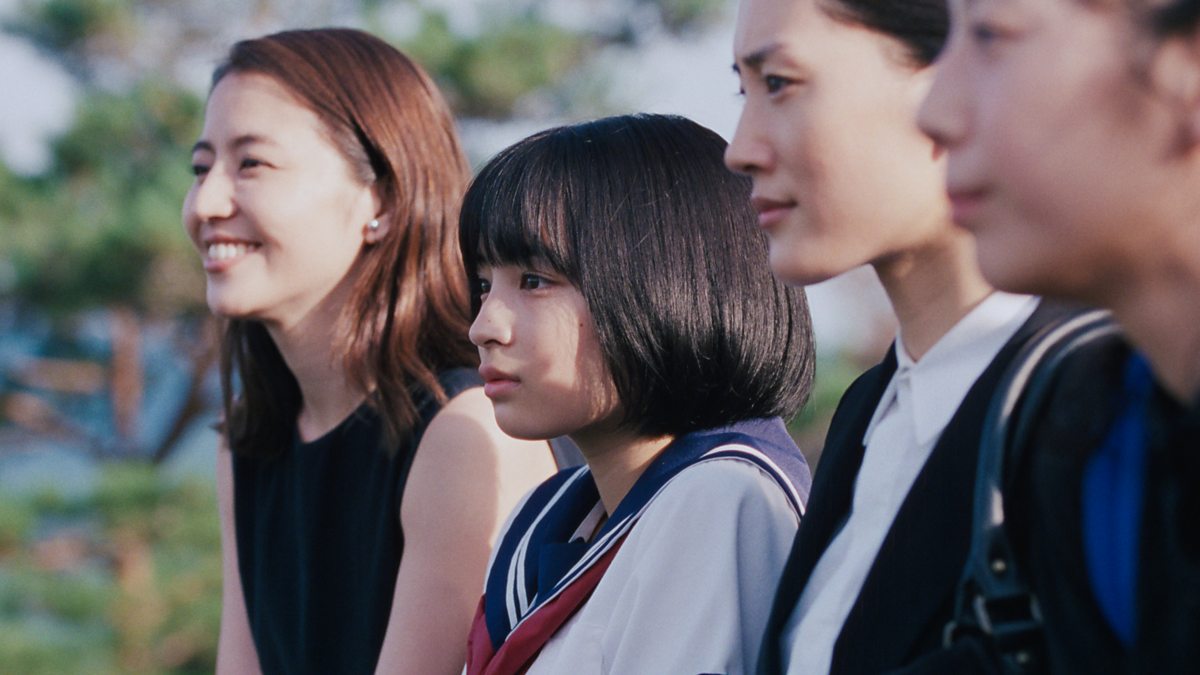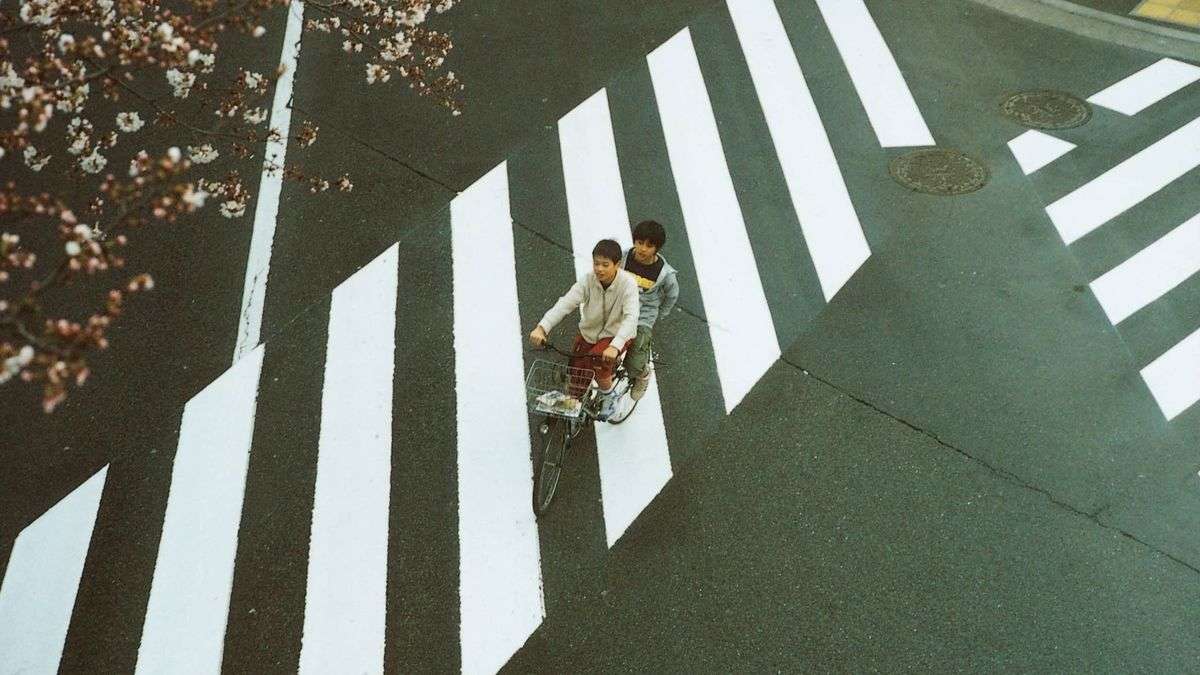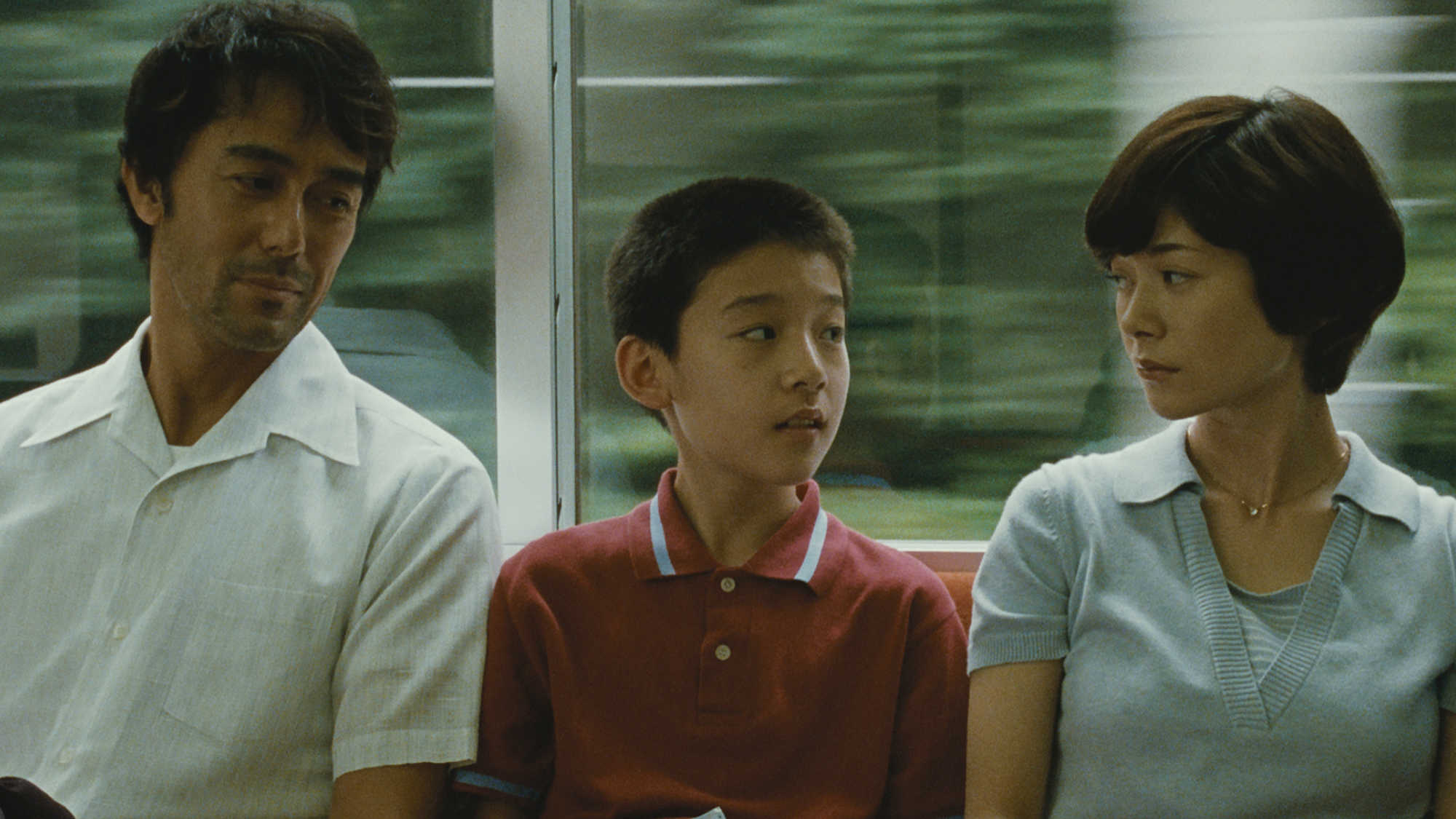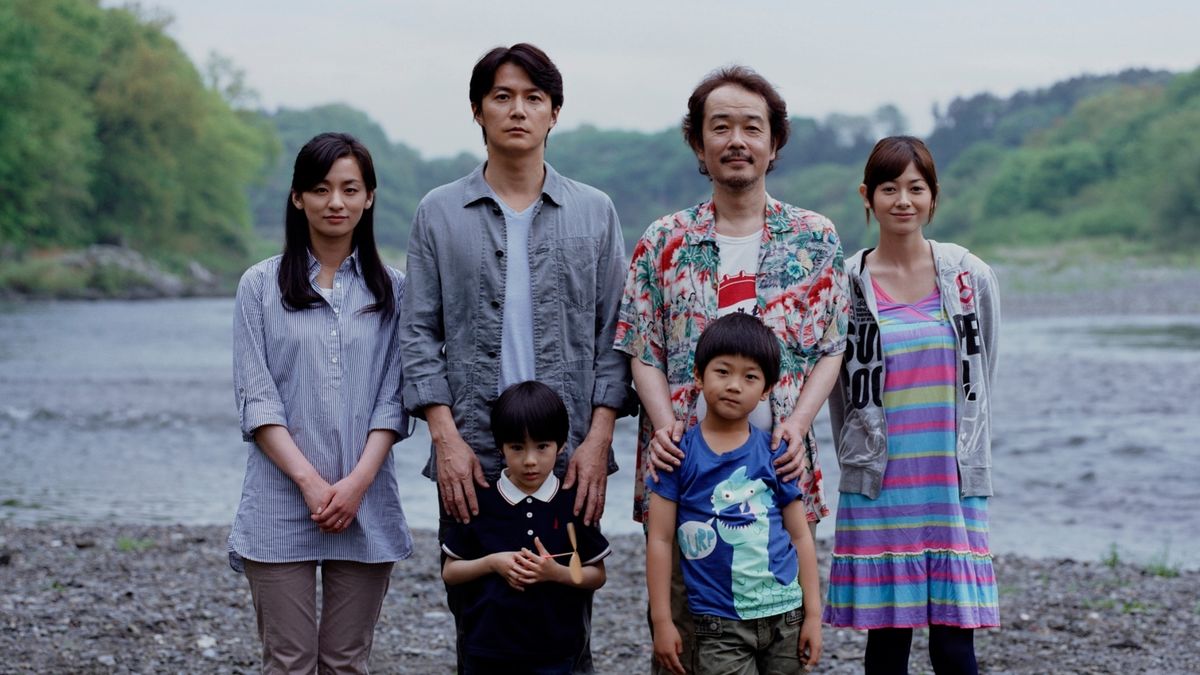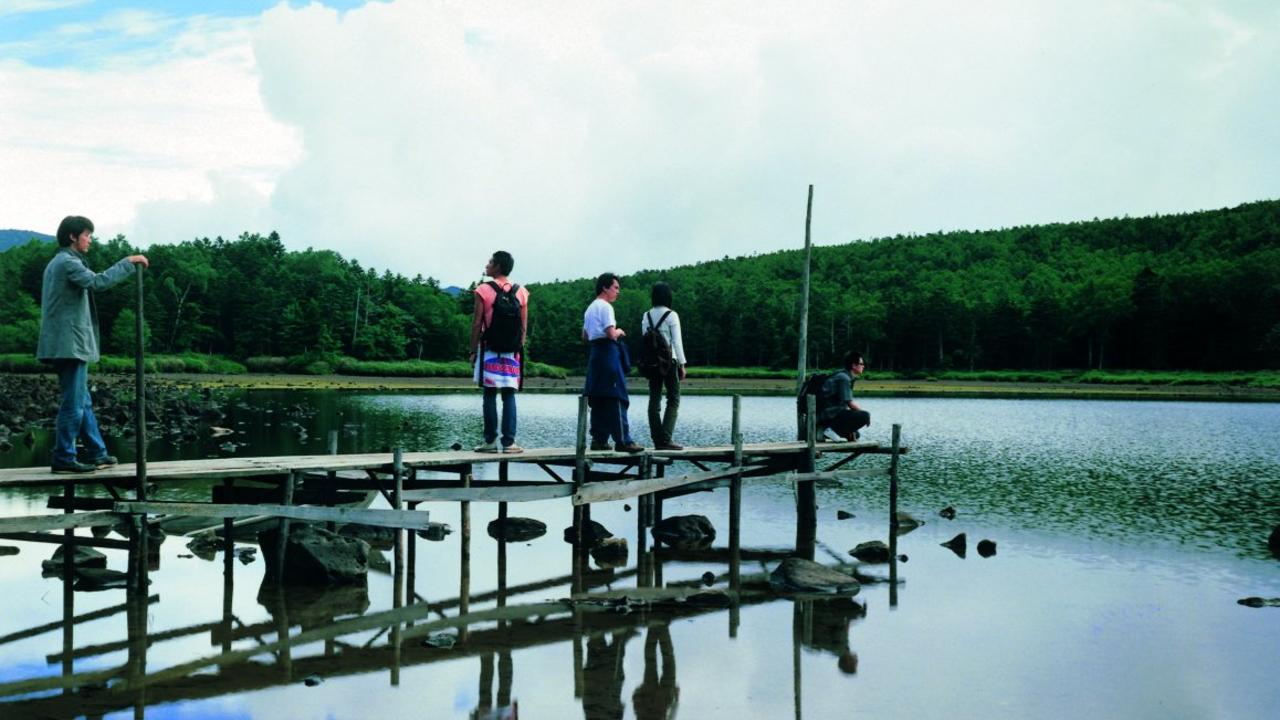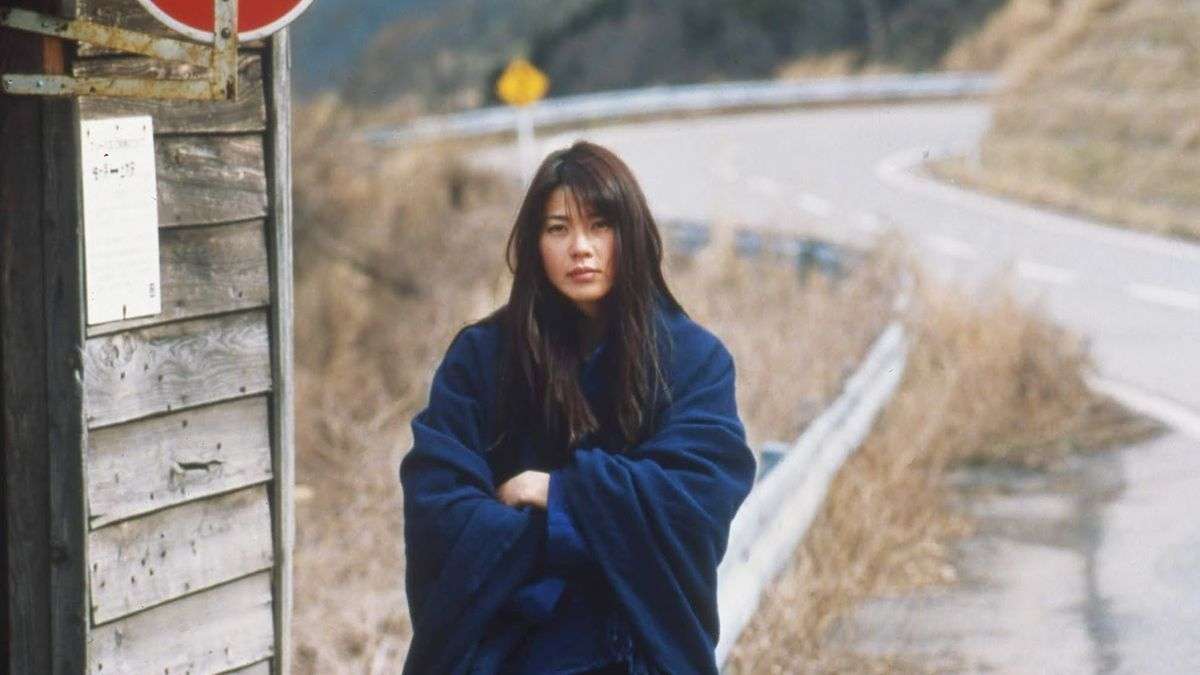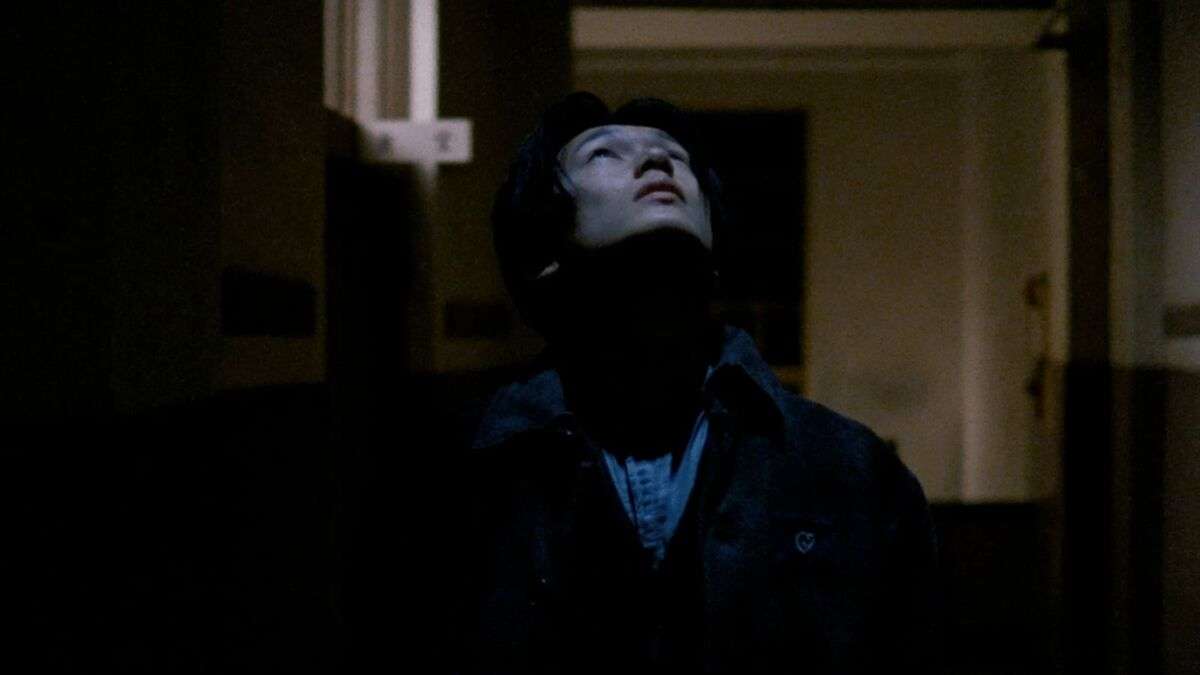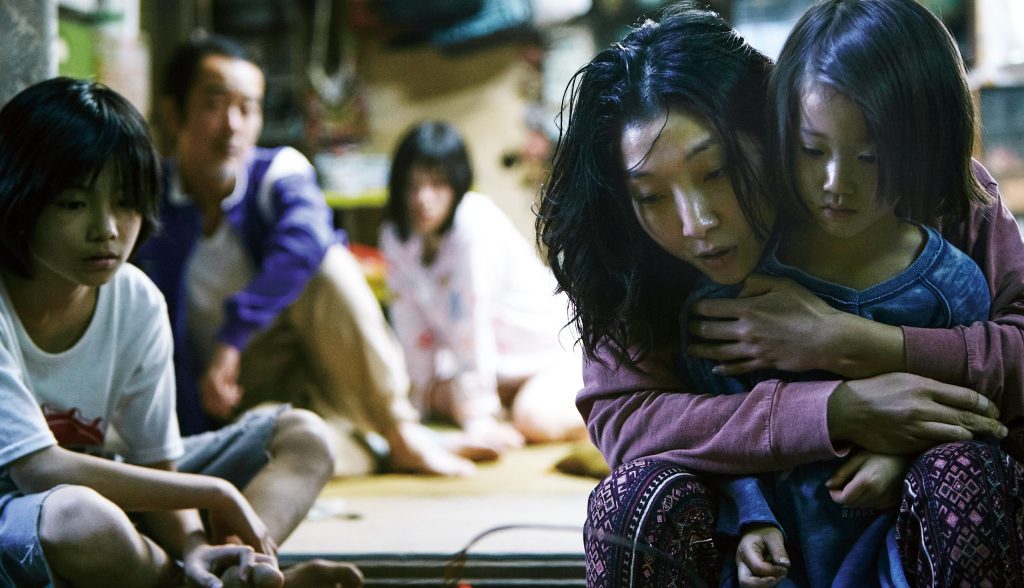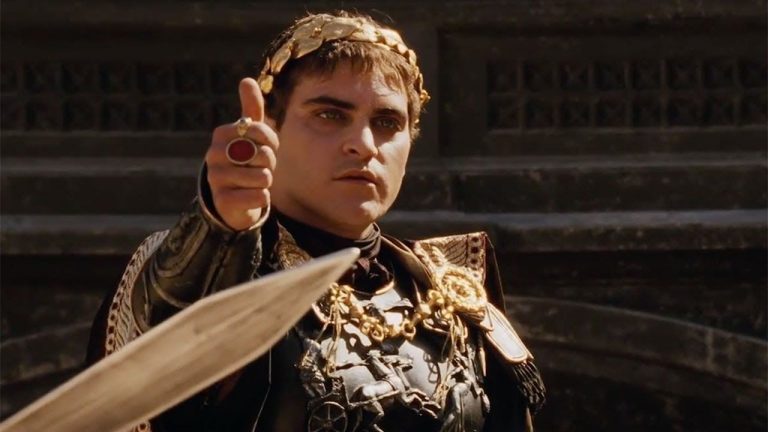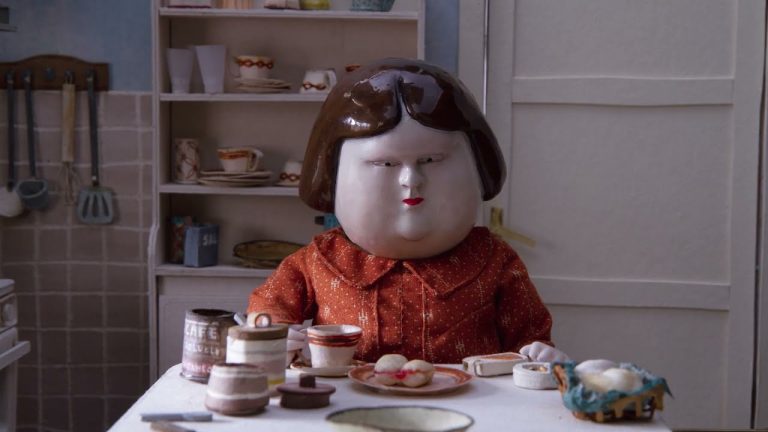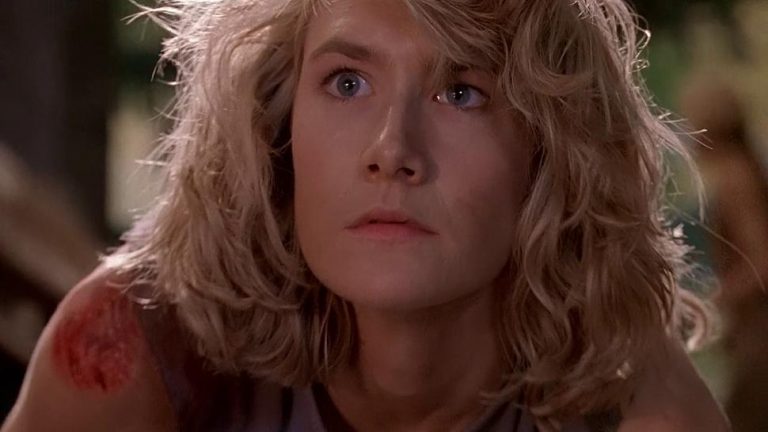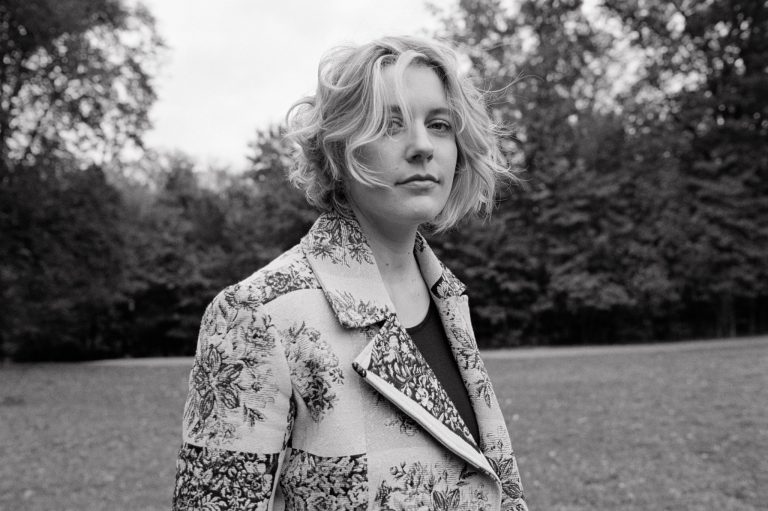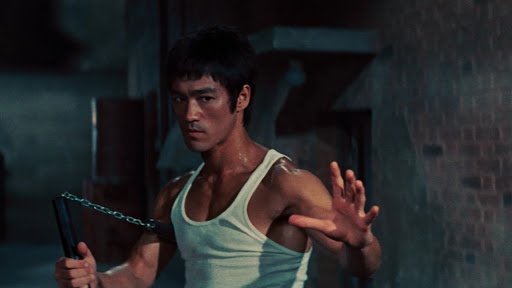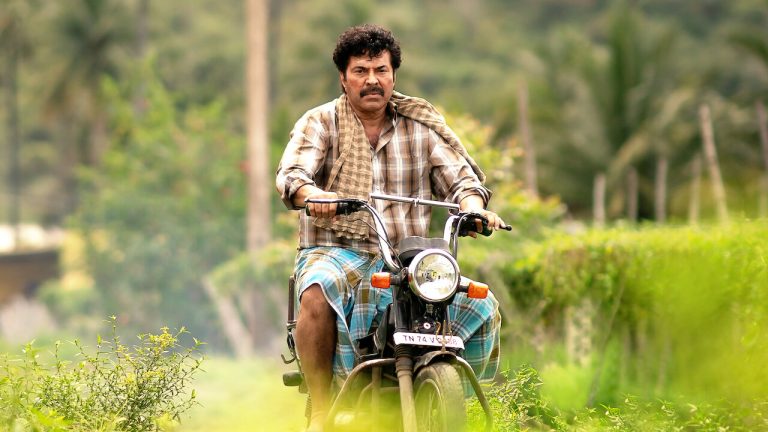One of the brightest lights in contemporary Japanese cinema, the works of Hirokazu Koreeda have been catching the attention, and indeed acclaim, of festival-goers and film critics ever since his debut movie, “Maborosi,” premiered in 1995. Having previously dabbled in television and documentary, Koreeda’s filmmaking spoke of an immediate assurance, conviction, and confidence — three words that would come to define his storied career of touching family dramas, sobering cinematic eulogies, and occasional excursions into genre fiction.
In the 25 years since, the writer-director has refined and perfected his formalist visual style, as well as his appreciation for interior environments and a knack for coaxing compelling performances from all of his actors, no matter their age. Mixing the slow contemplation of Hou Hsiao-hsien with the tender emotional core of Ozu and an intangibly cozy atmosphere all his own, year upon year, his reputation as one of world cinema’s finest auteurs is only enhanced further. So, to celebrate a quarter-century of Koreeda’s narrative work and upcoming Blu-ray releases of “After Life” and “Maborosi,” here’s each of his narrative feature films, ranked from worst to best.
16. Air Doll (2009)
Certain films, through strong filmmaking and thematic substance, can elevate a seemingly silly plot synopsis. Unfortunately, Hirokazu Koreeda’s “Air Doll” is most definitely not one such film. In fact, the bizarre storyline only serves to make this film the kind of cultural curio that is remarkable in its very existence but mind-meltingly banal and meaningless in actuality.
Koreeda’s intent was supposed to convey “the loneliness of urban life and the question of what it means to be human,” but considering we’ve seen this same director express these themes in much more compelling, nuanced, and, above all, mature ways that refrain from the awkward comedy and stilted drama of “Air Doll“ it’s underwhelming at best. The one credit I can give Hirokazu on this one is that it is something genuinely unique and odd and sees the auteur taking the kind of artistic risk that has become a foreign proposition later in his career, but overall, this stands as his weakest film yet.
15. The Truth (2019)
After a tepid reception at Venice, Koreeda’s first foray into Europe, “The Truth,“ went with a whimper from arthouse theatres early this year, and as disappointing as it was to see the work of such a brilliant writer-director be so widely dismissed by the viewing public, there’s no denying that it is one of the director’s weakest film to date. In many ways, the film recalls fellow East Asian cinema titan Hou Hsiao-hsien’s “The Flight of the Red Balloon,” another underwhelming French escapade starring Juliette Binoche, and one that struggled to see the talent of its creator expressed to its full potential.
As always, Hirokazu paints a compelling portrait of a complex family unit but fails to tread in new, thematic waters and stays largely within his comfort zone, just without the palpable knowledge and appreciation of setting and location or the charming performances, as Binoche, Catherine Deneuve, and Ethan Hawke fail to establish any on-screen chemistry throughout the film’s prolonged runtime. A disappointment, yes, but for a filmmaker of Koreeda’s class, there’s only a matter of time before he returns to form, and there are some aspects of substance to chew on if the viewer is patient and forgiving enough.
14. The Third Murder (2017)
One of Hirokazu’s very few excursions into direct genre cinema, 2017’s “The Third Murder” sees the modern master of the Japanese family drama tackle a different narrative altogether in, as the title would imply, the murder mystery. The film isn’t a total departure, however. The cinematography is as tasteful as always, as is the emphasis on both rural and inner-city locations. The theme of grief, so prevalent in previous outings such as Maborosi, Distance, and Our Little Sister, is continually explored.
Where the film differs and indeed falters is when tackling the plot itself, as Koreeda’s formalist approach to visual storytelling is more cold and detached than simple and empathetic. For these reasons, the film excels when studying the engaging characters and performances of its two leads, as well as the legal complications of the death penalty, and less so when trying to coalesce into a genuinely involving whodunnit. A good film overall, but one would struggle to make a case for it being anything other than a weaker entry into this filmography.
13. Hana (2006)
Despite its early promise, Hirokazu’s take on the Jidaigeki (a Japanese word for, usually, Edo period dramas) exists in about the same realm of quality as that of his on the murder mystery. Again, the central issue can be boiled down to a dissonance between the gentle approach behind the camera, which neuters the stakes in a samurai film where that shouldn’t be the case. Nevertheless, there is still plenty to appreciate, ranging from the period production and costume design to one of Koreeda’s most surprisingly witty screenplays. A light-hearted tone is clearly the aim here, and it carries that out convincingly and with heart, creating a cozy little picture that sees its director enjoyably exploring different genre avenues, even if he refrains from exploring said avenues to their maximum potential. Good work, but a minor one.
12. Broker (2022)
Another pitstop on Kore-eda’s post-Palme victory lap was Korea, working with industry titan Song Kang-ho on this sometimes awkward, other times endearing dramedy. The premise is his gutsiest since “Air Doll,” asking us to sympathize with two characters who essentially engage in child trafficking, stealing babies who are left on the doorstep of the local church and selling them to prospective parents on the black market.
It speaks volumes about Song’s natural charisma, blending a pathetic demeanor with a sinister charm; the younger starlet IU, who plays a mother trying to track down her previously abandoned child, provides the perfect foil. The tonal balance is audacious and mostly successful. There are moments where the marinade of comedy makes the film feel overly sentimental or neatly wound, belying its serious subject matter and the complex mesh of emotions that exist in its best scenes. Unlike his forgettable trip to France, you feel like Kore-eda benefits from the new environment here, and it shows in an enjoyable little movie.
11. I Wish (2011)
In many ways, “I Wish” acts as the antithesis to the grounded and harrowing presentation of childhood in 2004’s “Nobody Knows,” as in this 2011 effort, the heartbreak of divorce is shown through the glowing, often whimsical gaze of its cheery infantile protagonists. There is still a slight tinge of melancholy that permeates throughout, and one that welcomely undercuts the tone of the piece and makes it yet another enjoyable, tenderly told family drama from Koreeda. After all, the director still has a solid command of cinematography and mise-en-scène and creates a detailed portrayal of the storyline’s twin cities through a deep-rooted appreciation of the interior spaces that define his characters. Cozy, touching, and tender— classic Koreeda.
10. Monster (2023)
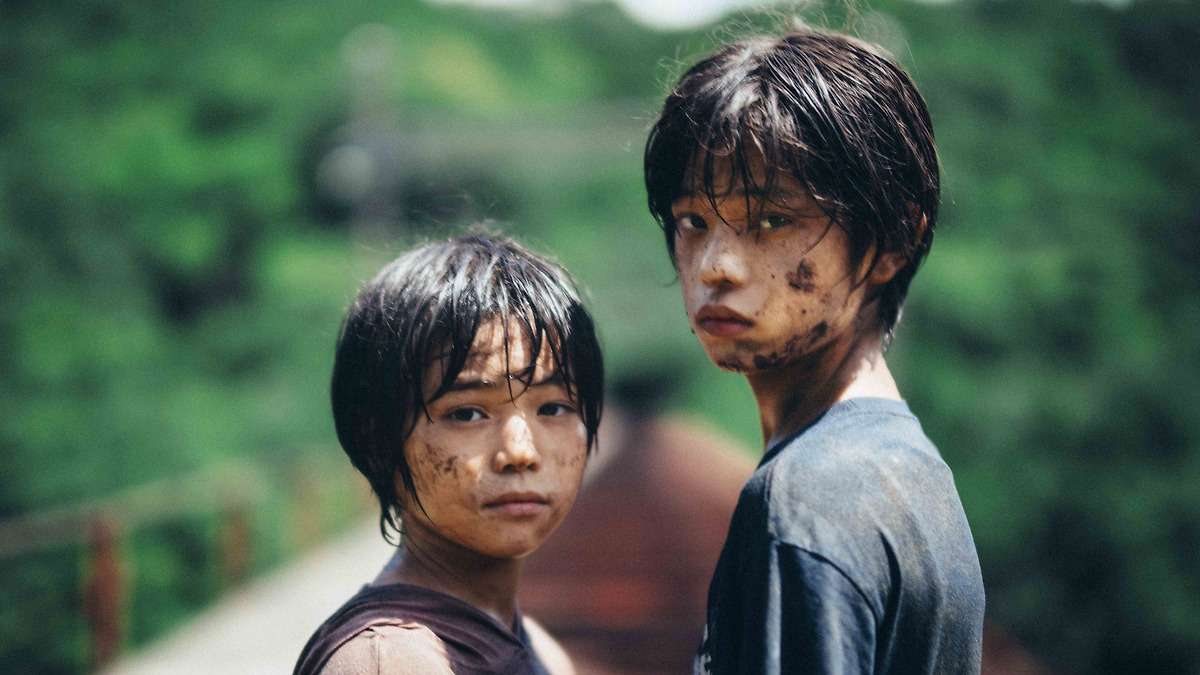
If “Monster” seems like a departure for Kore-eda, there’s an obvious reason why. It’s one of his few features where he does not have a screenwriting credit. Experienced writer Yuji Sakamoto penned the script for this one, a complex puzzle-box which slowly reveals its hand over a tense 2 hours. All the viewer knows is that two children at a local school are in conflict, with beleaguered mothers, abusive fathers, and falsely accused schoolteachers feeling the brunt of the drama.
The latter character feels like the only misstep (a movie about the plight of men under fire for misconduct feels out of touch with the current moment and like blatant narrative/emotional manipulation), but the material with the mother, played by Sakura Ando, is classic Kore-eda. There’s an unvarnished intimacy and sensitivity between mother and son that renders the conflict heartbreaking and, ultimately, inspiring. Praise should also be assigned to the late, great Ryuichi Sakamoto, the composer whose music scores the film; Kore-eda savvily uses new compositions and pieces from his back catalog as the subtle tapestry over which this family-crime drama is woven.
9. Still Walking (2008)
In Koreeda’s most acclaimed yet, the director yet again settles within his comfort zone, turning his lens inwards into a close-knit family unit and the foods, connections, and conversations that define a day in their simple life. “Still Walking” breezes along with its crisp visual palette and compelling performances, as well as some genuine flourishes of brilliant character work that elevates the film from other, similar but inferior, Ozu homages, but lacks the nuanced thematic core that Hirokazu’s very finest contain.
It may sound contradictory, but perhaps the pleasant tone and lack of conceptual complexity are simultaneously the movie’s greatest advantage and point of accessibility (and the reason why so many viewers celebrate its charms), and it’s the greatest detractor, as a deeper exploration of the family is eschewed for more simplistic statements of universal truths. But universal they are, and by the end of “Still Walking,” one still finds oneself emotionally affected by what Koreeda displays because in life’s mundanity, sometimes the most beautiful discoveries can be found.
Also, Related to Hirokazu Koreeda: 10 Films the HOF-Men Recommend: 6th Edition
8. Our Little Sister (2015)
In many ways, “Our Little Sister” is the typical Koreeda movie. Dealing with themes of grief and unorthodox familial units through subdued visuals and pretty Tokyo landscapes, a cynic would deduce that Hirokazu was directing on autopilot here and dealing in emotional and thematic territory too familiar to be effective. Though there is certain merit to that train of thought, for first-time viewers or those more receptive to this brand of drama, this 2015 effort sees an auteur nicely working within his comfort zone, playing to his strengths, and quietly crafting another rewarding effort in his storied filmography.
One scene stands out, in particular, in which the thirteen-year-old girl Suzo must come to terms with the loss of her father and screams into the void, at the elements and natural world, to release a torrent of concealed emotion. It’s an ingenious articulation of what makes Koreeda so fantastic when in form and makes “Our Little Sister” another hit.
7. Nobody Knows (2004)
Released to rapturous acclaim in 2004, “Nobody Knows” remains one of the most realized executions of Koreeda’s quietly poetic, slice-of-life visual style, as it here it serves to accentuate the heartbreaks of a typically humane portrait of an unorthodox family unit. Though Hirokazu has long been a master of writing and directing roles for children, the performance of then-12-year-old Yuya Yagira truly does stand out from the pack as a staggering display of simultaneous strength and vulnerability as the make-do figurehead of a secluded, impoverished Tokyo family.
In many ways, the plotline resembles that of Hirokazu’s “Shoplifters,” released over a decade later, but whilst that explored more the system and institutional structures that allow such a family to exist, the film at hand here seems more focused as a rich character study, and though that may not be as unique an approach it does lead to an overall rewarding and emotionally effective film that lives up to its lofty reputation.
6. After the Storm (2016)
Above all else, “After the Storm” is an engaging demonstration of how much artistic refinement and progression its director has undertaken since the start of the 2010s. The thematic counterpart to Koreeda’s 2008 critical darling “Still Walking,” this time, the concepts of fractured family relations are dealt with even more care and nuance, paired with a fascinating character study of a man whose life is in a seemingly perpetual decline.
Hirokazu’s tightly structured screenplay doesn’t simply ask us to either take pity on or look down upon the protagonist (failed author Ryota, played with inimitably shaggy conviction by Hiroshi Abe) but serves to question his self-destructive tendencies and the consequences of a messy divorce. The titular storm itself acts as a satisfying dramatic focal point for the film, an event in which all the characterizations and plot points coalesce into a potent sequence of drama that can rank among Koreeda’s finest moments in filmmaking. A compelling late-career outing.
5. Like Father, Like Son (2013)
Even more so than any Koreeda movie before or after it, “Like Father, Like Son” goes straight for the heartstrings, questioning the meaning and definition of fatherhood through an interesting and engaging plot explored to its most emotive and rewarding extent. Like “Shoplifters,” the screenplays excel when exploring the societal structures and institutional classicism that led to these issues occurring in the first place.
Japan’s medical system and systems of the class are all examined through Koreeda’s lens here, but as always, the focal point is family, its consequences, its meaning, faults, advantages, and everything that makes it tick. It’s the theme that has defined Koreeda’s career, but each time, he manages to tackle it with a fresh coat of thematic and emotional paint, and in “Like Father, Like Son,” the theme reaches one of its most compelling heights yet.
4. Distance (2001)
Though, like “Maborosi” (released six years prior), it deals with grief and unexplainable trauma, Koreeda’s 2001 film “Distance” remains something of an anomaly within his body of work. Shot largely on handheld cameras with nods to Cinema Verité, the auteur examines the aftermath of a national tragedy and both the personal and widespread effects such an event can have. The result is a gripping drama populated by richly drawn characters and typically harrowing scenes of grief and mourning, cleverly punctuated by flashbacks in one of the most structurally daring screenplays its director has yet penned.
Well, that is if a complete screenplay ever was truly put to paper, as the majority of “Distance” was improvised by the performers, with Koreeda giving only loose instructions and guidelines behind the scenes, and though this can lead to some pointless and meandering dialogue exchanges, it mostly leads to an authentic and grounded cinematic experience, buoyed by Yukata Yamasaki’s gorgeously grainy 35mm cinematography. An oft-overlooked gem of the early 2000s and a harsh reminder to the viewing public that, as Hirokazu himself put it, “each individual is directly related to or is responsible for a criminal act.”
3. Maborosi (1995)
Debut features don’t get much more assured than “Maborosi,” as Koreeda deeply troubling themes of grief and depression with the conviction of an experienced pro. Having worked in television and documentary filmmaking for years, the director already shows ample ability behind the camera, telling this sobering tale of a grief-stricken young widow with formalist panache in a movie remarkable in its visual simplicity and emotional complexity.
Despite the plot synopsis, “Maborosi” never slips into the kind of unbearably weepy nihilism that it could do in the hands of lesser talents. Instead, it morphs into a beautifully moving tale of searing loss and the mental progression that arrives with the renewed sense of mortality the death of a loved one can cause. It is a cinema of meditative empathy and an early-career highlight for Hirokazu Koreeda.
2. After Life (1998)
Koreeda’s second film, “After Life,” is also his most inventive and innovative, presenting a fantastic alternate reality in which the recently deceased must choose just one memory from their lifetime to pass onto the next dimension with. And as wild as this may sound, what works best is how Koreeda clinically deconstructs these concepts of death and nostalgia by grounding the high concept within the workplace practicalities of recreating these memories, simultaneously commenting on the intangible qualities that build up the human psyche and making fascinating parallels to the art of filmmaking itself.
These memories are staged like Hollywood movies, with sets, actors, and lighting apparatus. The in-limbo employees of the central organization act like directors and producers because, after all, capturing truths and evoking memories and feelings of human life is the overall goal of so many artists working in the medium. Above all else, “After Life” may be an exploration of the failure of language, monologues, description, recreation, and imitation to truly delineate memory and of the indescribable, melancholic singularity of the human experience.
1. Shoplifters (2018)
In Koreeda’s 13th feature film, a deserving Palme d’Or winner, the definition of family is not something bound to biology or genetic makeup. The screenplay instead concerns itself with the societal concept of family, its meaning, its repercussions, and its emotional ups and downs, and delivers one of the most heart-wrenchingly beautiful essays on familial bonds and love in recent memory. Equally significant in the text itself is the sociopolitical commentary.
Whereas Koreeda’s previous films have centered on the middle or working classes, “Shoplifters” directly discusses the lives of some of the most impoverished citizens living within planet Earth’s most populous city and the balancing act of the direction is carried out with class, elegance, and heart. In many ways, it’s fitting that this would be the film that finally clinched Hirokazu Koreeda the Palme d’Or he had been competing for consistently since “Distance” premiered at Cannes back in 2001, as “Shoplifters” is truly a fitting culmination of all the auteur’s strengths, pulling together a plethora of fascinating direct and subtextual concepts and melding them into a film at once thought-provoking and tear-inducing. Truly a marvel and the best film of Koreeda’s career.

